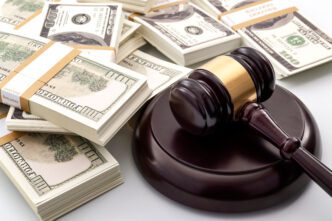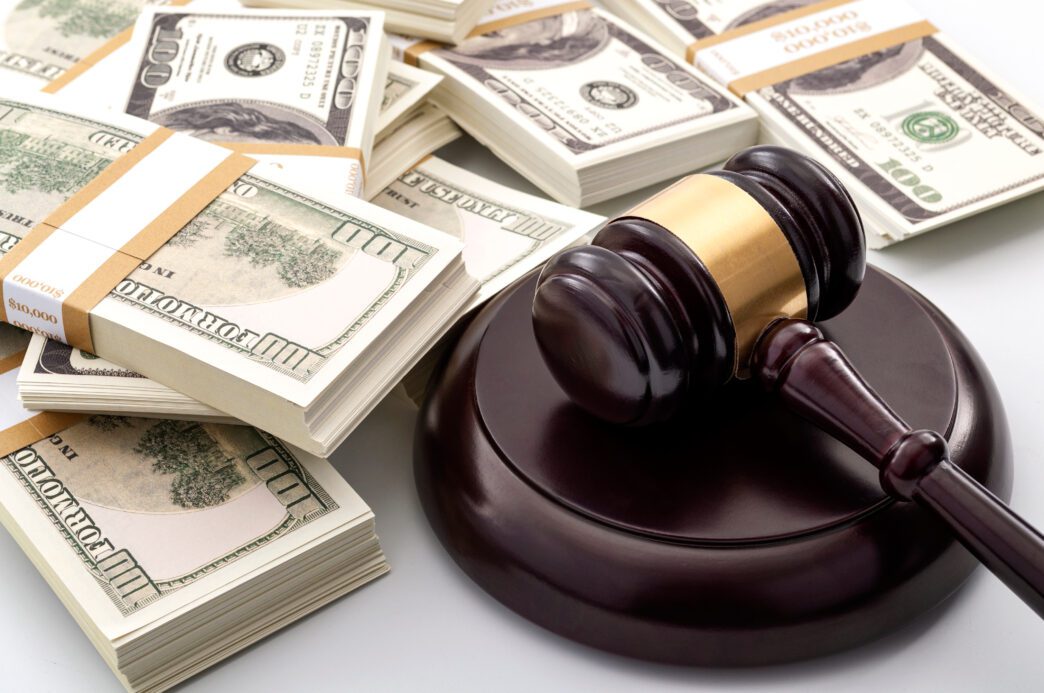Executive Summary
The Story So Far
Why This Matters
Who Thinks What?
The Supreme Court heard oral arguments on Wednesday in a landmark tariff case challenging the Trump administration’s levies, potentially paving the way for tens of billions of dollars in refunds to businesses. Several conservative and liberal justices expressed deep skepticism regarding the administration’s legal position to maintain the tariffs, raising questions about the complexity of a potential reimbursement process.
Uncertainty Over Refund Eligibility
A significant point of contention during the arguments was the mechanism and eligibility for tariff refunds should the court rule against the Trump administration. Justice Amy Coney Barrett pressed Neal Katyal, representing the challenging businesses, on how the reimbursement process would function, describing it as a potential “mess.”
Katyal acknowledged the complexity, stating that while his five client businesses would be entitled to refunds, the process for others would be “very complicated.” Trade attorney Thomas Beline suggested that businesses outside the direct legal challenge might need to file separate appeals with lower courts to seek refunds.
The Reimbursement Process
The federal government has collected nearly $90 billion from the tariffs currently under review. Beline advises importers to request liquidation extensions or file protests with U.S. Customs and Border Protection (CBP) to prevent entries from fully settling, which could facilitate future refunds.
While a 1998 Supreme Court decision on harbor maintenance fees resulted in $730 million in refunds over two years, the current case involves a substantially larger sum. Ashley Akers, senior counsel at Holland & Knight and a former Justice Department trial lawyer, indicated that CBP might implement a streamlined process for refunds, though automatic blanket refunds are unlikely. Any refunds received could also include statutory interest.
Wall Street’s Involvement
In anticipation of a potential ruling, investment banks like Oppenheimer and Jefferies have actively approached importers to purchase their potential tariff refund stakes at a discount for immediate cash. This allows businesses to de-risk the outcome and receive guaranteed payment without waiting for court decisions.
Marketing materials from Oppenheimer in July suggested a “market rate” of 20% to 30% of the payments made for these tariffs. Kyle Peacock of Peacock Tariff Consulting noted aggressive tactics from these firms, particularly targeting “credit-stretched” importers, with some accepting offers as low as 5% to 7% of a potential refund.
Industry Reaction and Outlook
Peacock observed a “scare mentality” being employed by firms buying refund claims, often suggesting businesses would receive nothing otherwise. Following Wednesday’s oral arguments, many of his clients who sold their claims are experiencing “seller’s remorse,” while those who held onto their stakes feel “more cautiously optimistic.”
The Supreme Court’s decision, expected in the coming months, will determine the fate of billions in tariff revenue and set a precedent for how businesses navigate complex trade policies and potential reimbursements.








